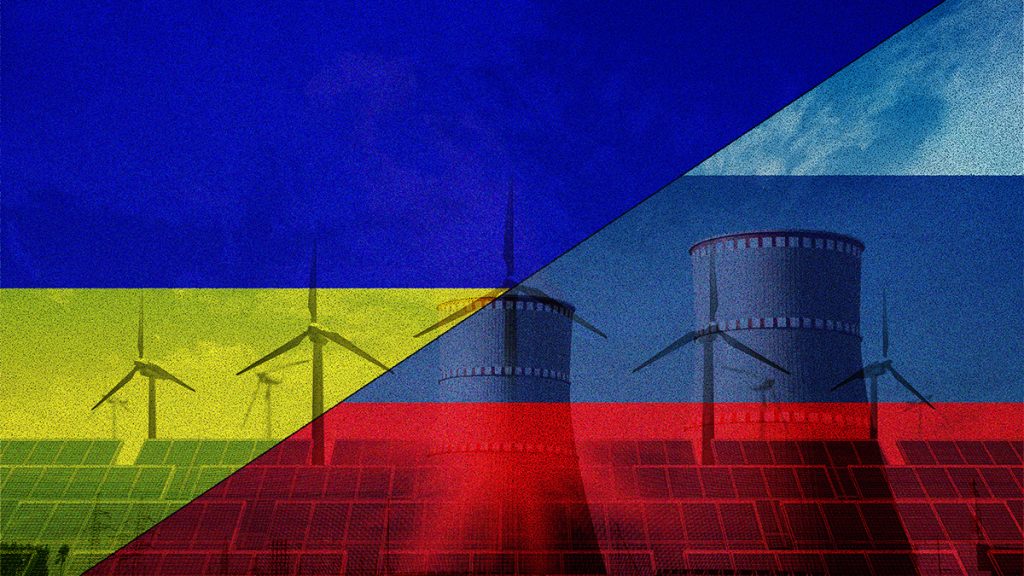
The Russia-Ukraine war has been a hot topic in international politics for over seven years now. While many view the conflict as a geopolitical battle between two neighboring countries, others speculate that the war may have a deeper economic purpose. Let’s talk about the potential economic motivations behind the war, and how it has impacted energy and financial markets, regional security, and international relations.
Beyond Geopolitics
The war between Russia and Ukraine has caused significant volatility in the global energy and financial markets. In 2014, when Russia annexed Crimea, the European Union (EU) and the United States (US) imposed economic sanctions on Russia. This resulted in a significant drop in the value of the ruble, leading to higher inflation and an economic recession in Russia. However, despite the negative impact on commodity markets, governments, and financial institutions may benefit from the volatility caused by the conflict in the long run.
For example, the United States has used the sanctions to gain a competitive advantage in the global liquefied natural gas (LNG) market. The EU, on the other hand, has been investing heavily in renewable energy, particularly solar and wind power. This has led to a significant shift in Ukraine towards renewable energy sources for energy security, as they try to reduce their dependence on Russian gas. In the long run, these investments may pay off for the EU, as they will reduce their dependence on Russian gas and help to establish renewable energy as a viable alternative.
A Never-Ending Economic Goldmine
While many view the war as a geopolitical battle between two neighboring countries, others speculate that the conflict may be driven by deeper economic motivations. There’s a lot of doubts that the war is being kept on purpose, as it provides a lucrative economic opportunity for both sides. Ukraine is a major transit route for Russian gas exports to Europe, and any disruption to this route can lead to significant price increases for gas in Europe. This can be a huge economic gain for Russia, which is the largest supplier of gas to Europe.
Furthermore, the war has created a new market for arms exports, with both Russia and Ukraine investing heavily in military equipment and technology. The global arms market is worth over $100 billion annually, and the Ukraine-Russia conflict has been a major contributor to this market. Additionally, the war has created a huge demand for security and surveillance technologies, as both sides attempt to gather intelligence and protect their borders.
Final Thought
The Russia-Ukraine war has had significant impacts on energy and financial markets, regional security, and international relations. While many view the conflict as a geopolitical battle between two neighboring countries, others speculate that the war may have a deeper economic purpose. Despite the immediate negative impact on commodity markets, governments, and financial institutions may benefit from the volatility caused by the conflict in the long run. Furthermore, the war may be driven by economic motivations, creating a never-ending economic goldmine for both sides.
Inside Telecom provides you with an extensive list of content covering all aspects of the tech industry. Keep an eye on our Impact section to stay informed and up-to-date with our daily articles.